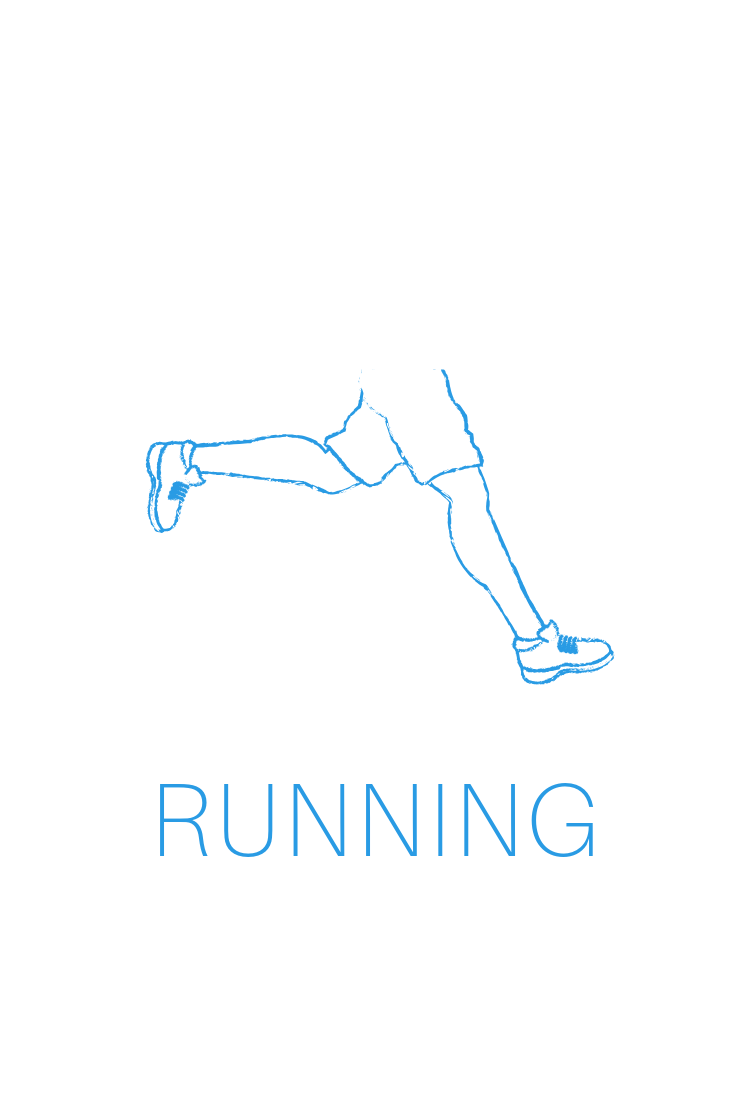Why New Year’s Resolutions Don't Work
Every year, half of all Australians set New Year’s Resolutions. Unfortunately, less than 10% of us stick with it.
So why do New Year’s Resolutions rarely work and what can we do to beat the odds?
The goal is too big:
For some reason, the beginning of a new year fills us with a level of bravado not seen in the other 364 days of the year (it could be the 3 bottles of wine we have consumed). Long term smokers decide they are going to quit cold turkey, couch potatoes proclaim they will run a marathon, screen addicts throw their iPhones in the bin, and drinkers make a declaration of sobriety as they throw back their final glass of wine. These grand declarations sound wonderful at midnight on the 31st December. However, in the cold light of dawn you realise they are not realistic. The most effective way to make long lasting change is to break your goal down into bite size pieces. Set yourself small, achievable goals throughout the year and you are much more likely to see it through.
Lack of planning:
New Year’s resolutions are usually made in a moment of frustration when you look back over your past year and decide you need to make some big changes. Therefore they are often reflexive, impulsive and unplanned. If you’ve had a year of bad health, you may make a grand declaration that this year you will become fit and healthy. But what does that actually mean? When you wake up on the 1st January you might dust off the sneakers and go for a walk, then what? This commitment to health will quickly peter out if it’s not backed by a solid plan. Therefore create a plan involving small, achievable goals with tools in place in order to make it happen. It’s often helpful to meet with a fitness professional to talk through your goals and create a plan together.
Failing to plan means planning to fail.
No support system:
Big life changes need a great support crew. Having a community around you who will encourage you when you feel unmotivated and hold you accountable when you want to give up. If you want to quit smoking, have a friend to call when you feel like giving in. If you are attempting a technology detox, ask your family to join you so you are all in it together. Want to get fit? Ask your neighbour to meet you for a walk every morning or join a group exercise class with people also working towards the same goals. Depending on your goals, you may need to employ the help of a professional such as a counsellor, personal trainer or dietician. With the right people in your corner, you will have a much greater chance of success.
The timing is wrong:
Is the 1st January really the right time to start something new? People are often still on holidays, kids are not at school, routines are not in order, there is leftover Christmas pudding in the fridge – this just may not be the ideal time to start creating a new habit. Now don’t get me wrong, I am certainly not giving you an excuse, and any commitment to a healthier life is a great thing. However, there is no magic to starting something on the 1st January. It’s more important to start focussing on a goal when you have all the plans in place.
The odds of someone sticking with their New Year’s Resolution isn’t high, but it doesn’t mean it can’t be done. Set yourself realistic goals, create a solid plan, set up your support system, and take your first small step towards a healthier 2021.
by Angie Black
Hey! I’m Angie. I’m passionate about fitting exercise into your life, for the rest of your life.
BLOG CATERGORIES:







